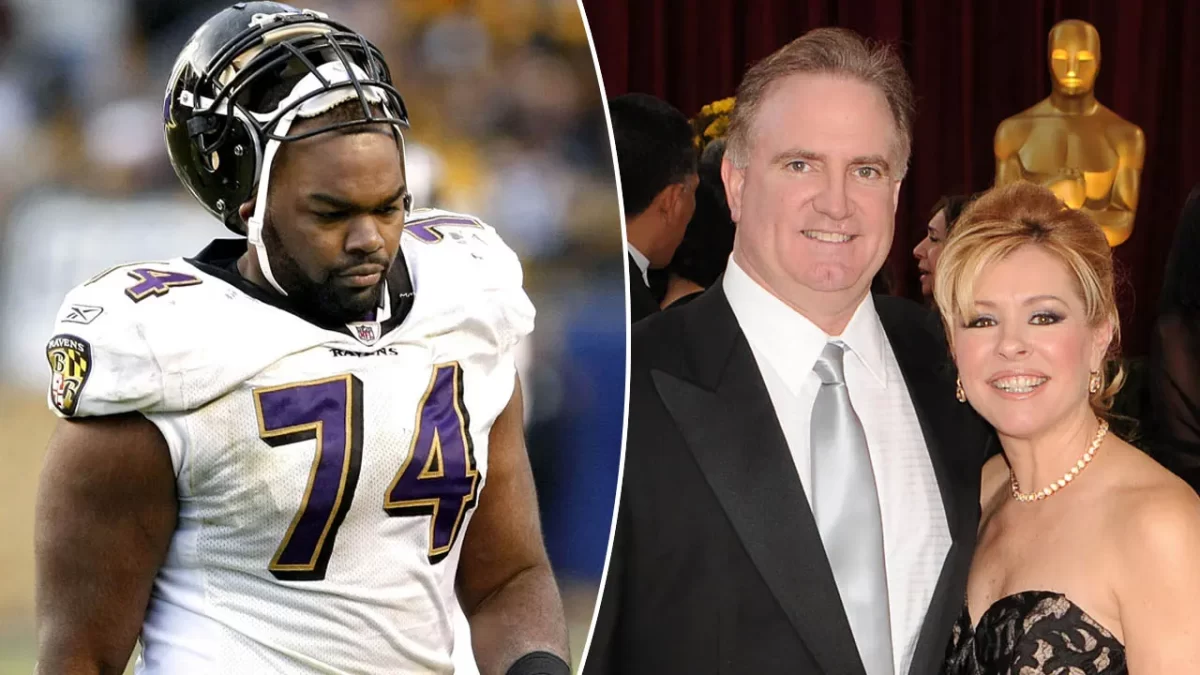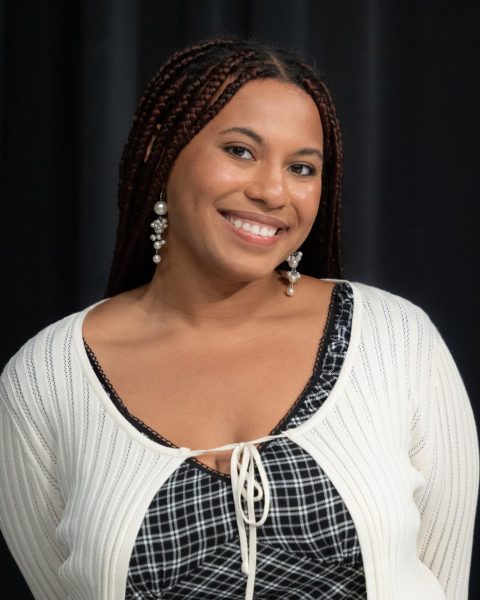Conservatorships have become a hot topic in the tabloids fairly recently. From Britney Spears to the most recent scandal involving retired NFL star Michael Oher, it is evident that the concept of guardianship and conservatorships are not foreign in the minds of the general public.
At their base, conservatorships are permissions that allow an adult to take responsibility and control over either the personal needs or the financial assets of another adult who is considered unable to care for themselves.
Often, these agreements help hide the presence of the physical, psychological and financial abuse being committed towards conservatees, while also permitting conservators full control over their bodies and livelihoods.
However, when discussing celebrity conservatorships, there is often a missing structural analysis that is critical to justifying the need for stricter and more regulated processes for approving this kind of drastic legal decision.
The experiences suffered by these personalities are both unjust and cruel. However, highlighting these experiences with conservatorships over those of more marginalized and affected populations that routinely encounter the threat of being found incapable of deciding what is best for themselves.
I believe that there needs to be clear medical guidelines that not only ensure that conservatees truly need the constant oversight that conservatorships offer, but also that the conservator is mentally and emotionally sound enough to take care of someone responsibly.
Although fairly commonplace in the United States, conservatorships are especially a threat to both disability rights and the well–being of aging Americans.
In the last few years, the number of conservatorships around the country has been stagnant but huge, with an estimated 1.3 million people being committed to conservatorships around the country right now.
Of those cases, more than a million, 85% of them are over the age of 65. Even more worryingly, statistics seem to support the notion that institutional malpractice plays a role in how these elders and others committed to conservatorships are able to be abused behind closed doors.
In 2010, a federal report detailed hundreds of cases of alleged abuse being committed towards conservatees, with most of these being linked to family members who were acting as guardians.
However, there were several cases of abuse found that could be attributed to professional conservators and the companies they work for.
In many cases, families might appoint a professional conservator if they feel they might not be able or capable of taking care of their family member by themselves. As such, these individuals are not as knowledgeable on the wants and needs of their conservatees.
The lack of autonomy that surges from either one of these conservatorship options should create a sense of worry for anyone who is concerned with equity for those who might simply not be able to communicate themselves or reason as “normally” as a judge deems necessary.
As a great majority of conservatees are of older age, not only do ageist legislative practices such as restrictive conservatorships strip away their financial and bodily autonomy, in many cases the decisions made by conservators end up changing what were supposed to be peaceful and well-deserved moments of rest into whatever the conservator decides is most appropriate.
However, it is understandable that sometimes conservatorships are necessary in order to ensure that a person is as duly protected and advocated for when looking to receive treatments or invest money.
The practice of conservatorship can obviously not be abolished. In a world where those who might genuinely not have the intellectual capabilities necessary to absorb information and use it to make informed decisions, there do need to be protections established that accommodate for their needs.
Many disability rights advocates advise that a more receptive approach to conservatee input could help lower chances of abuse within these relationships. Instead of simply needing the consent of the conservator in certain decisions, there should need to be two authorizations: one from the guardian and one from their conservatee.
Additionally, there needs to be more coverage of conservatorships that align with the circumstances that most Americans living with them are actually subject to.
Although it is nice to see how media attention tips the scale in the favor of beloved public figures, it also negates the actual problem found within conservatorships: the ease with which they can be acquired and the difficulties found when trying to break these agreements.
This story was written by Clara Lebròn. She can be reached at [email protected].




